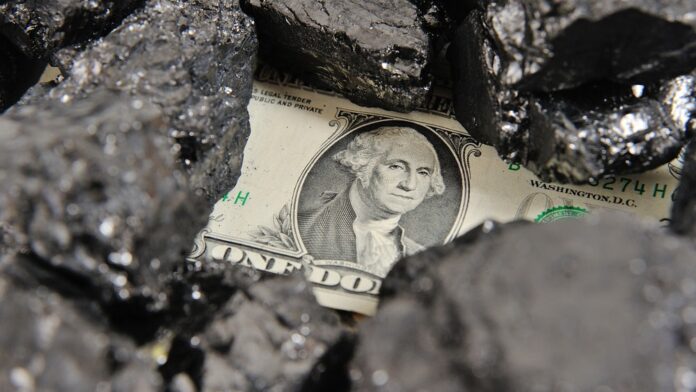Berkshire Hathaway BRK BRK allegedly operates one of the highest-emitting coal-fired power plant fleets in the U.S., according to a Reuters investigation.
Federal emissions data from 2023, analyzed by Reuters, points to significant NOx emissions from the company’s plants, which contribute to smog and respiratory issues.
Berkshire did not immediately respond to Benzinga’s request for comment.
According to the Reuters report published on Tuesday, the Environmental Protection Agency estimates that pollution from Berkshire’s plants in the Omaha area results in up to seven premature deaths annually, $104 million in healthcare costs, and 1,800 missed school days each year.
The report underscores the impact of these emissions on vulnerable populations, particularly children and the elderly, who are more susceptible to respiratory illnesses. These findings highlight the urgent need for stronger pollution controls to mitigate long-term health and economic consequences in affected communities, Reuters reports.
Industry Comparisons
Only 27% of Berkshire’s coal plants use selective catalytic reduction scrubbers, a technology that reduces NOx emissions by over 80%. In comparison, 62% of U.S. coal power comes from plants equipped with SCR scrubbers, drawing criticism of Berkshire’s lagging adoption.
The lack of widespread adoption of this technology places additional scrutiny on the company’s environmental practices, particularly as other industry peers demonstrate greater compliance with emission reduction technologies.
Berkshire’s Response
Berkshire states its plants comply with all environmental laws and highlights progress in reducing coal reliance, with coal now accounting for 22% of its power generation, down from 71% in 2005. The company has pledged to phase out coal by 2049 and invested $41 billion in renewable energy.
This investment represents one of the largest commitments to renewable energy by a single company. Despite this, critics argue that the company’s timeline is insufficient to address the immediate health and environmental challenges posed by its coal operations. Activists and environmental groups are calling for faster adoption of clean energy measures and stricter pollution controls to protect affected communities.
Read Also:
Disclaimer: This content was partially produced with the help of Benzinga Neuro and was reviewed and published by Benzinga editors.
Image via Shutterstock
Market News and Data brought to you by Benzinga APIs
© 2025 Benzinga.com. Benzinga does not provide investment advice. All rights reserved.





